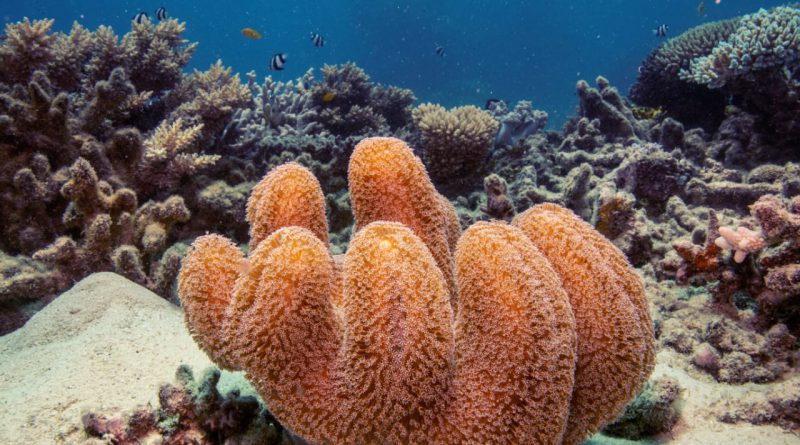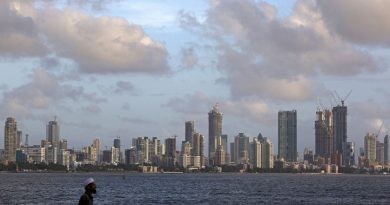Australia’s Great Barrier Reef stays off UNESCO danger list, still under ‘serious threat’
Sydney (Reuters) – A UNESCO heritage committee on Tuesday stopped short of listing Australia’s Great Barrier Reef as a site that is “in danger” but warned the world’s biggest coral reef ecosystem remained under “serious threat” from pollution and the warming of oceans.
Australia has been lobbying for years to keep the reef – which contributes about A$6 billion ($4 billion) to the economy and supports 64,000 jobs – off the endangered list as it could lead to losing the heritage status, taking some shine off its attraction for tourists.
UNESCO – the United Nations Educational, Scientific and Cultural Organization – in November said the reef should be put on the danger list after frequent coral bleaching events.
But in the latest report, the panel “noted with appreciation” the commitments and initial actions by the Australian government to preserve the reef.
“The draft decision cites ‘significant progress’ being made on climate change, water quality, and sustainable fishing – all putting the reef on a stronger and more sustainable path,” Prime Minister Anthony Albanese said during a media briefing.
But he acknowledged the UNESCO draft decision does not put the reef “in the clear” and that more steps were needed to keep it off the endangered list.
The centre-left Labor government has pledged A$1.2 billion to protect the reef, withdrawn federal funding for dams and denied permission for a coal mine that it said could have affected the reef’s water quality.
The UN panel has asked the government to submit a progress report by February 2024.
The World Wide Fund for Nature-Australia said UNESCO could place the reef on the endangered list if the government failed to demonstrate progress on existing commitments.
“UNESCO has kept the Australian and Queensland governments on probation,” said WWF-Australia Head of Oceans Richard Leck. “There’s an opportunity for Australia to lift its game before it is required to provide a progress report … next year.”



